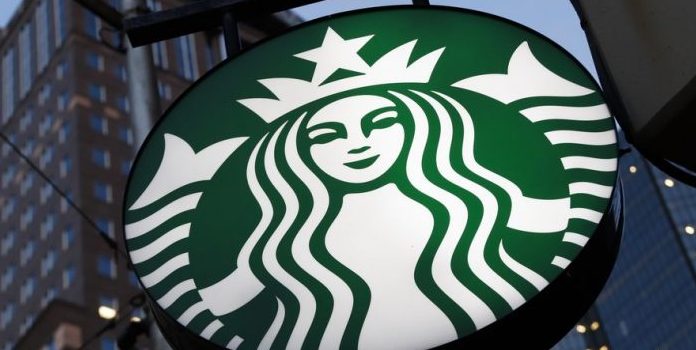(Carleen Johnson, The Center Square) – The U.S. Supreme Court on Thursday ruled in favor of Starbucks in a labor dispute with seven workers who tried to unionize one of the coffee company’s stores in Memphis, Tenn.
The decision overturns an order from the National Labor Relations Board to reinstate the fired workers, and is considered a significant blow to union organizers and labor activism.
The dispute goes back to 2022, when a group of workers self-named the “Memphis 7,” who were trying to unionize, invited news cameras into the Memphis store after hours, in violation of company policy.
The NLRB sought an injunction to have the seven employees reinstated while the case moved forward, and a federal judge granted that reinstatement. An appeals court affirmed that decision.
On Thursday, all nine high court justices agreed to throw out the lower court’s approval of the injunction, saying that they had used an improper legal standard to issue the preliminary injunction.
A statement emailed to The Center Square from Starbucks says in part: “Starbucks believes that our partners are the core of our business, and we are committed to providing everyone who wears the green apron a bridge to a better future. We will continue to focus on making progress toward our goal of reaching ratified contracts for represented stores this year.”
The opinion from the nation’s highest court concluded, “We hold that district courts must apply the traditional four factors articulated in Winters when considering the Board’s requests for a preliminary injunction. We therefore vacate the judgment of the Court of Appeals and remand the case for further proceedings consistent with this opinion.”
The Winters reference is to a 2008 U.S. Supreme Court decision in a case between the U.S. Navy and the Natural Resources Defense Council, concerning Navy sonar training exercises and the potential impact on marine life.
The high court ruled four factors were under consideration in that case in determining whether a preliminary injunction is appropriate: whether the plaintiff is likely to succeed on the merits, whether the plaintiff is likely to suffer irreparable harm without the injunction, whether the balance of equities and hardships is in the plaintiff’s favor, and whether an injunction is in the public interest.
The high court said the lower courts failed to use that four-part test.
Workers at the Poplar Avenue Starbucks in Memphis at the heart of the case subsequently voted to unionize.
According to Starbucks Workers United, about 440 Starbucks stores have unionized, impacting some 10,500 employees.
Starbucks has moved to close some of those union locations, citing safety concerns.
Five Seattle Starbucks locations were closed in 2022, after the company indicated “attempts to address safety concerns were not effective. According to Starbucks spokesman Andrew Trull in an interview with the Seattle Times, “incidents included theft, vandalism, property damage, drug use, threats of physical violence, verbal harassment and assault.”
The Starbucks Workers Union pushed back on the narrative, saying the closures were intended to slow down union campaigns.
The “Memphis 7” case now goes back to an appeals court.

